Top 15 GCCT articles of 2014
TransConflict is pleased to present the top-15 articles from members of the Global Coalition for Conflict Transformation published during 2014.
| Suggested Reading | Conflict Background | GCCT |
1) Pursuing reconciliation with armed opposition groups in Afghanistan
Maryam Safi – Though Afghanistan’s new president, Dr. Ashraf Ghani Ahmadzai, has already demonstrated the political will to pursue reconciliation with armed opposition groups, such as the Taliban and Hezb-e Islami, a clear strategy is required in order to secure a sustainable peace settlement. Read more…
2) Maidan and Armenian political perspectives
Edgar Khachatryan – Armenia has gone from negotiating an Association Agreement with the EU to expressing a desire to join the Customs Union of Belarus, Kazakhstan and Russia; a decision that threatens to fundamentally undermine the country’s reform prospects, particularly following recent developments in Ukraine. Read more…
3) Why young peacebuilders must be included in the post-2015 agenda
Laura McManus – The promotion of a culture of peace includes peace education and recognising and addressing structures of violence such as gender discrimination, ethnic marginalisation and poverty. Above most, a culture of peace needs to involve all actors in society but crucially young people who often remain outside of the normative security framework. Read more…
4) Umuganda – a tool for reconciliation in Rwanda
Ingvild Gundersen – The concept of ‘Umuganda’ – which means ‘coming together in common purpose’ – is to promote unity and reconciliation in a society that has been devastated by conflict, genocide and poverty. Read more…
5) Four reflections on the High Representative in Bosnia and Herzegovina – part two
Dražen Pehar – Part two of a paper exploring how the Bonn-powered High Representative in Bosnia-Herzegovina is based on four fictions – of self-constitution or self-grounding; the principled non-opposability to HR’s decisions; the immediately executive character of his decrees; and his a priori interpretive superiority. Read more…
6) Nigeria, Boko Haram and the ‘Sri Lankan Model’ of counter-insurgency
Sri Lanka Campaign for Peace and Justice – As awful and as crude as it may appear, the ‘Sri Lankan model’ of counter-insurgency continues to be showcased around the world in seminars and presentations organized by the Sri Lankan military (for instance, in Burma, Turkey, Indonesia, Bangladesh and the Philippines). Read more…
7) South Sudan – militarization inhibits popular representation
Kisuke Ndiku – With militarization inhibiting popular representation, there is a need to identify pillars of peace that that can be amplified to help transform communities away from cultures of revenge to cultures that embrace diversity and peace. Read more…
8) When fighting terror produces ever more radicals and sectarianism
Inga Schei and Lokman Slim – At a time when Hezbollah’s involvement in Syria is on the cusp of being accepted as just another effort in the general “war on terror,” it is advisable to question the likelihood that a (Shia) “partisan” war on (Sunni) terror could well become a breeding ground for more “radicals” on both sides of the confrontation. Read more…
9) Social media helps connect divided families in Kashmir
Raja Wasim and Mazhar Iqbal – Compared to other confidence building measures, social media has played a vital role in bridging the divides created by the Line of Control (LoC) in Jammu and Kashmir, helping overcome communication gaps and promoting the concept of a healing nation. Read more…
10) Bosnia – the international community and Izetbegović’s project of dediscoursification
Dražen Pehar – Bosnia and Herzegovina’s politics in the post-Dayton period is to a large extent a politics of continuation of war by other means, and for such a continuation international actors are indeed chiefly responsible. Read more…
11) Nagorno-Karabakh – time to end the ceasefire violations
TransConflict is pleased to present an open letter by Edgar Khachatryan, director of Peace Dialogue from Armenia, a member of the Global Coalition for Conflict Transformation, addressed to all those individuals and organizations involved in the negotiation process related to the Nagorno-Karabakh conflict. Read more…
12) Never again – a reality or dream for Rwanda?
Ingvild Gundersen – The Rwandan youth – who represent the majority of the population – are actively involved in preserving peace and prosperity in their nation. Through participating in Never Again Rwanda’s commemoration activities where their voice is heard, appreciated and taken into account, NAR fights to always make never again a reality. Read more…
13) Reflecting nature in project design and implementation
TransConflict is pleased to present a two-part paper by the Centre for Conflict Management and Transformation from Zimbabwe, a member of the Global Coalition for Conflict Transformation, exploring how the design and implementation of peacebuilding projects should reflect nature. Read more…
14) Safe soldiers for a safe Armenia
Edgar Khachatryan – Peace Dialogue, a member of the Global Coalition for Conflict Transformation, is implementing a two-year project, ‘Safe Soldiers for a Safe Armenia’, which aims to prevent human rights violations in the armed forces and to increase not only the security of Armenia but the security of the soldiers protecting it. Read more…
15) Transforming conflict across borders – the case of Kenya and Uganda
TransConflict is pleased to present a concept for transforming conflict between the Pian, Pokot and Sabiny communities, which primarily results from cattle raiding and often violent competition for scarce pasture and water resources. Read more…

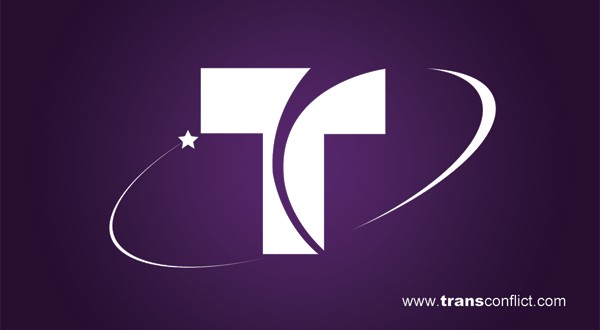
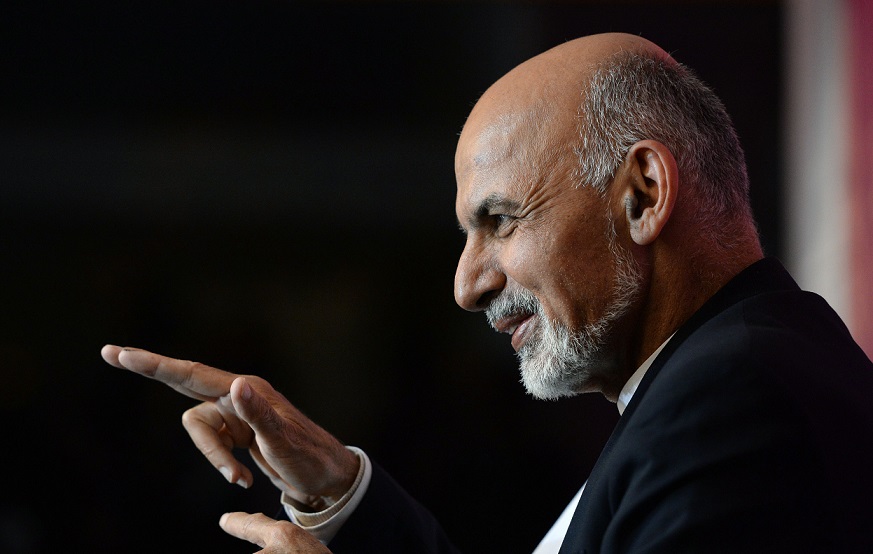
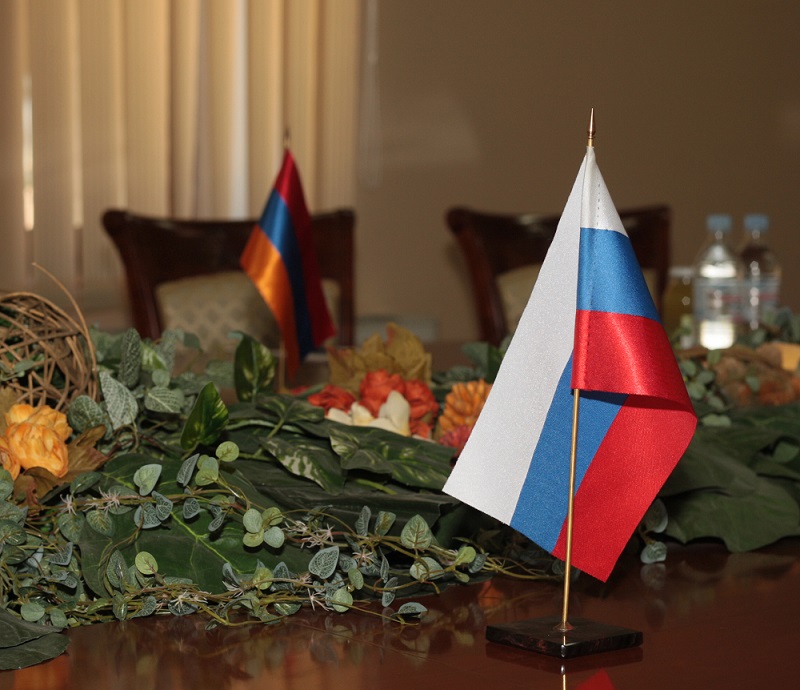
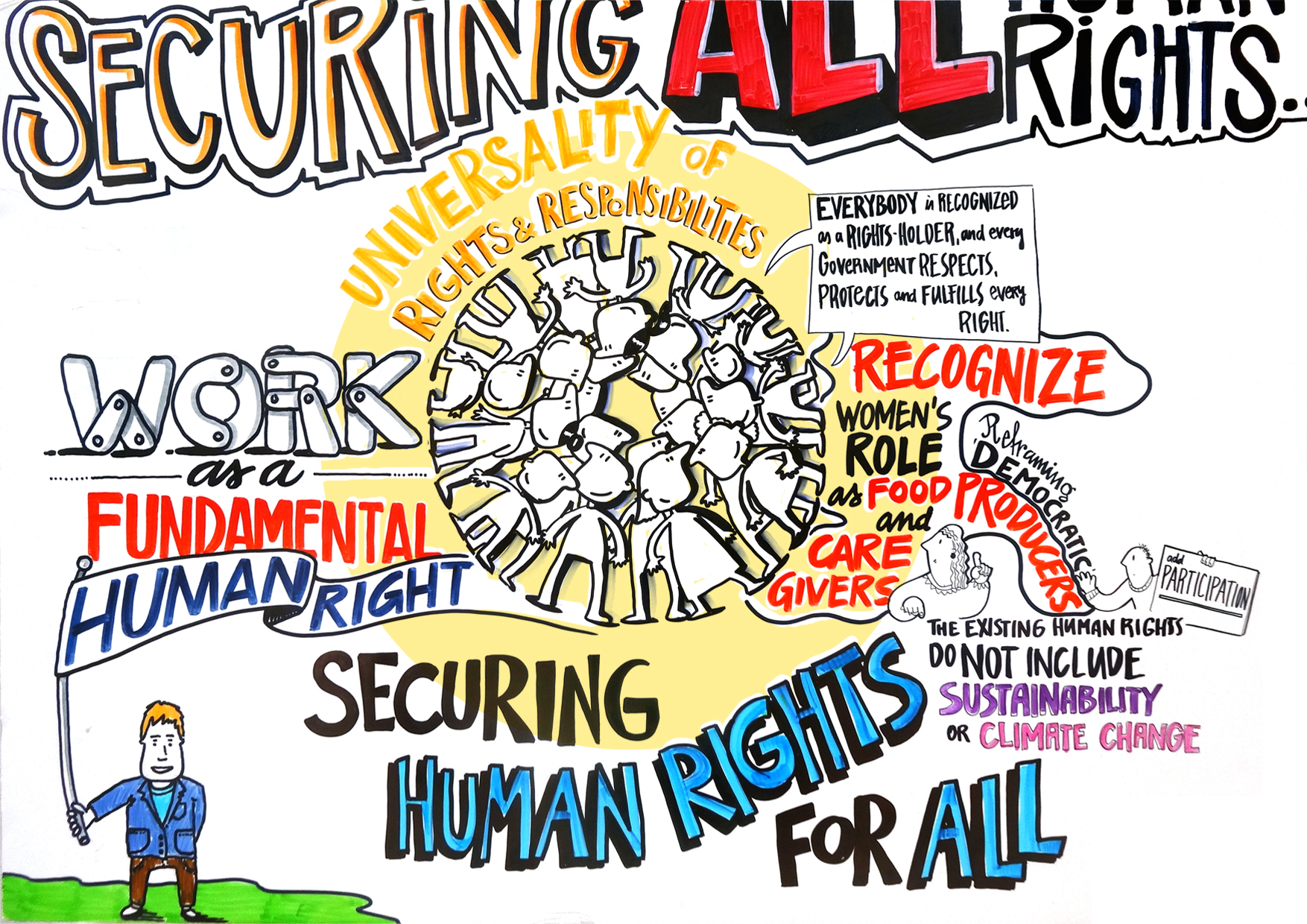


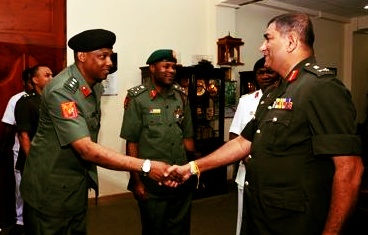
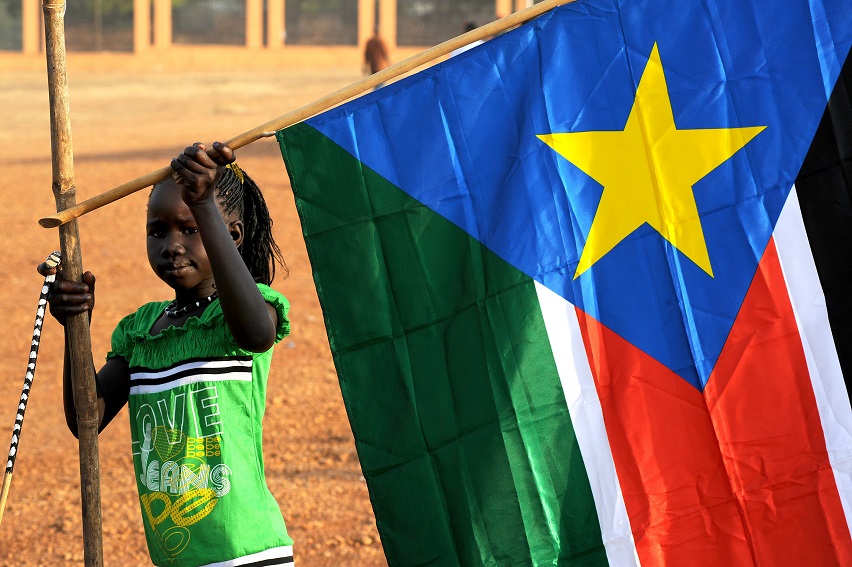


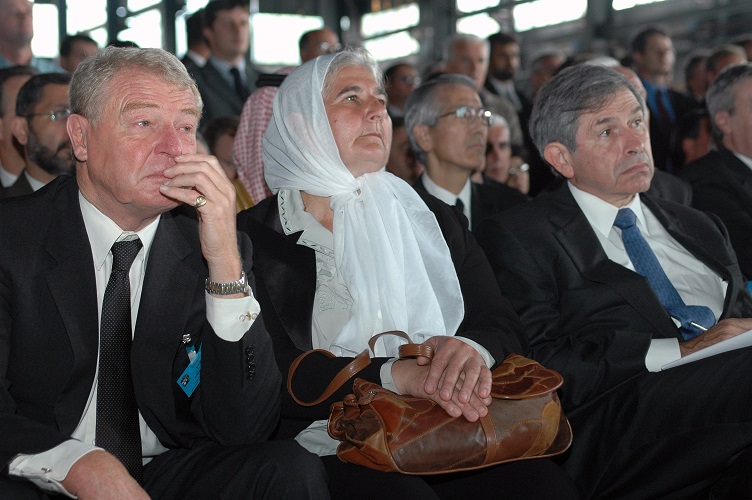
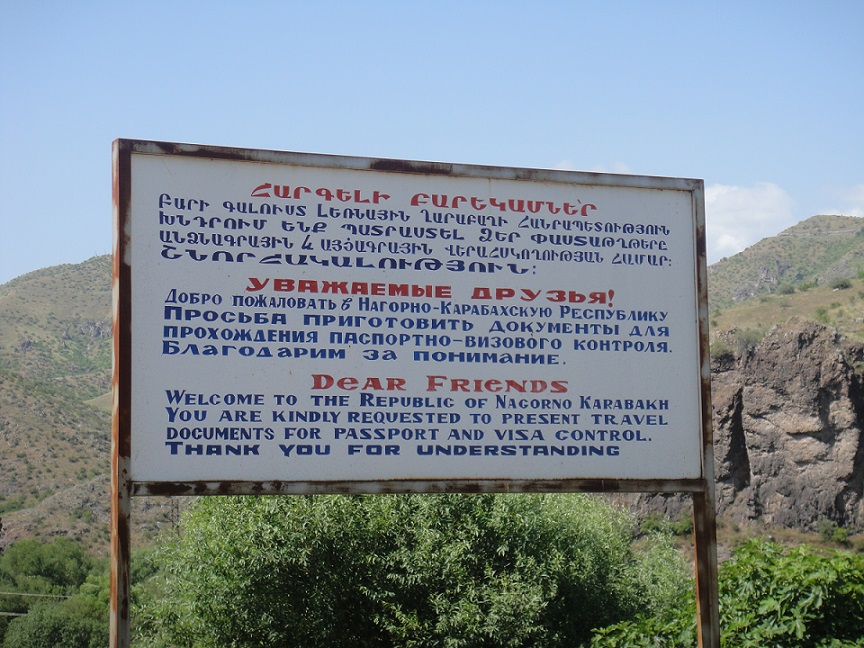

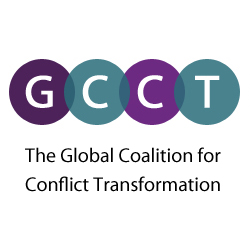
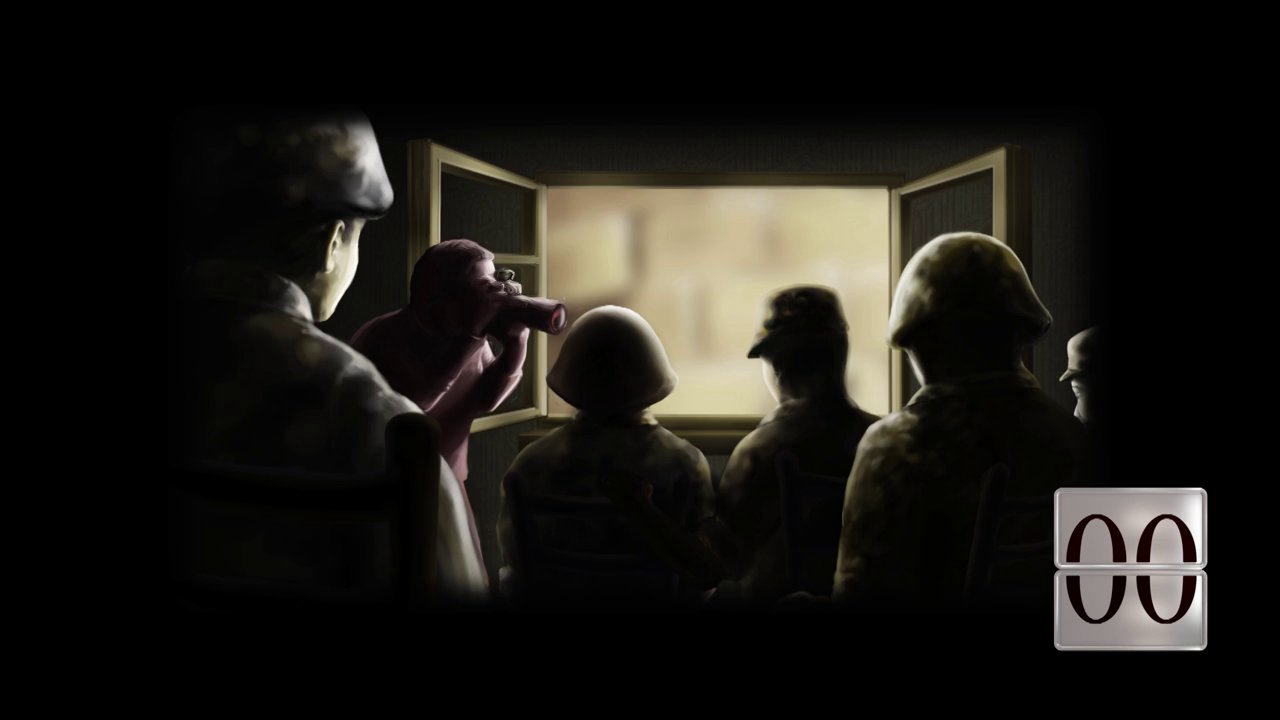
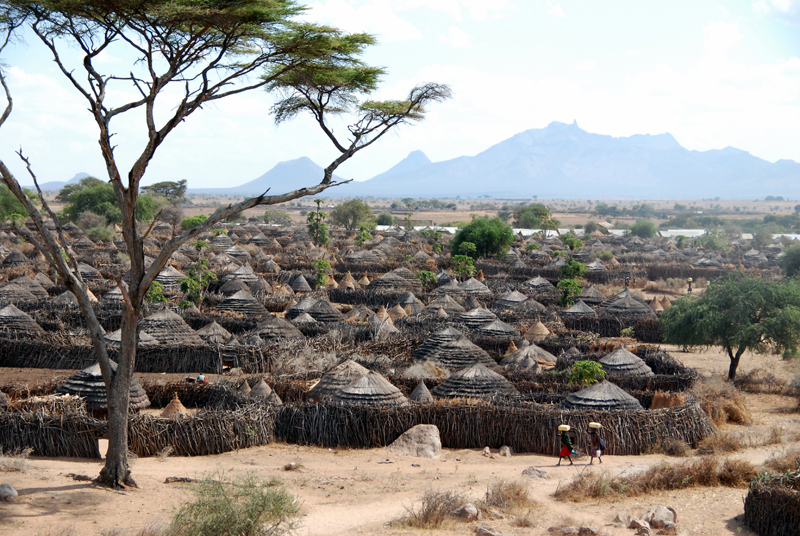


















RT @TransConflict: Top 15 GCCT articles of 2014: @TransConflict is pleased to present the top-15 articles from members… http://t.co/kOMRa…
@TransConflict thanks
RT @TransConflict: Top 15 GCCT articles of 2014: @TransConflict is pleased to present the top-15 articles from members… http://t.co/kOMRa…
Top 15 Global Coalition for Conflict Transformation articles of 2014 – TransConflict http://t.co/VDbHpDwq6n
RT @sdien: Top 15 Global Coalition for Conflict Transformation articles of 2014 – TransConflict http://t.co/VDbHpDwq6n